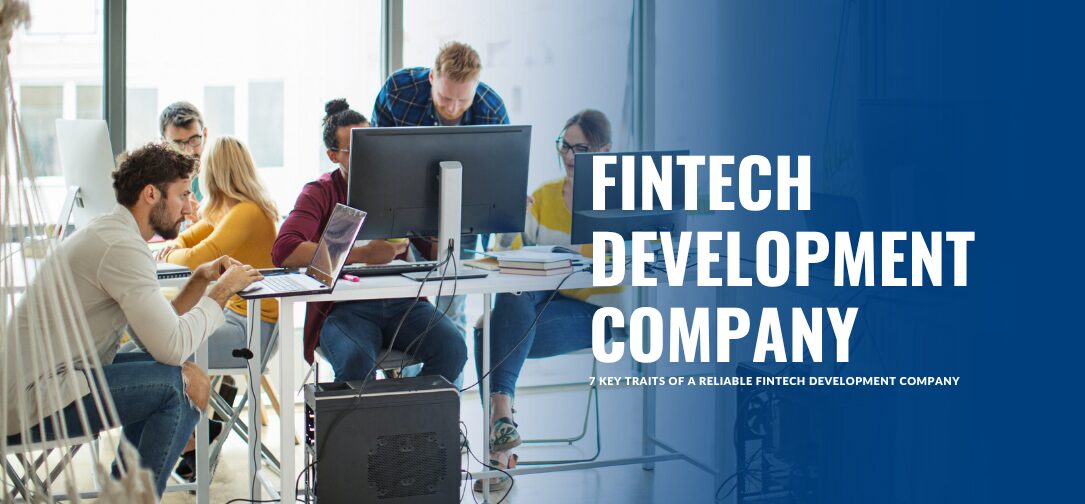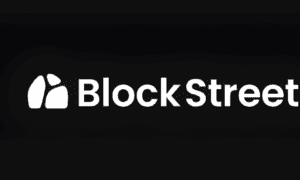Fintech is not only one more area where developers can work, but it is the place where the world of rigorous rules, great UX, data security, and fast performance meet.
As the stakes rely on dealing with sensitive financial information to adhering to changing international standards, the stakes are high. It is why selecting the appropriate fintech software development company is not feasible but mission-critical.
Be it a neobank, crypto wallet or payment platform, your technology partner should not just be able to code things. They need to know the financial lingo and speak security, compliance and scalability fluently.
7 Qualities of a Reliable Fintech Partner
1) Deep Fintech Domain Knowledge
A qualified fintech partner needs to know more than lines of codes. They need to understand financial processes, payment gateway connectivity, PSD2, open banking processes, and risk management systems. A fintech-centric facility is different to a general purpose software agency in that it predicts the requirements of the market and designs to the compliance and performance specification at the outset.
2) Regulatory and Security Readiness
A brilliant product that fails a compliance audit is a failed product. Look for partners with proven competence in global regulations: GDPR for user data, AML/KYC for financial integrity, PCI DSS for card security, SOC2 for organizational controls, and PSD2 for payment services. If a development company doesn’t prioritize security and compliance, they are not fintech-ready.
3) Scalable and Modular System Design
Fintech products are supposed to expand. Your technology vendor should be able to make systems scaleable but not break. That implies the approach to modular, microservice-based architecture, containerization (e.g., Docker), orchestration with Kubernetes, and CI/CD supportive infrastructure adoption. Reliability and speedy deployments are also guaranteed with DevOps-first.
4) Proven Fintech Portfolio
Your partner should have real-world success building fintech platforms. Not just a vague “trading app” — but launched neobanks, investment platforms, remittance systems, or digital wallets. Ask for case studies, metrics, and the story behind the project.
5) Integrated Teams: Developers, QA, Designers, Analysts
Fintech development is never about lone coders. It also demands the collaboration of cross-functional teams featuring factory developers, QA engineers, UI/UX designers, and tech analysts. When such expertise is combined under the same roof, it hastens the delivery process and makes the product solid, easy to use and tested with real-life edge cases.
6) Communication, Process, and Predictability
It is not enough to have just the code; you need transparency. Leading companies in fintech development have well-developed pipelines: discovery workshops, product roadmaps, weekly demo calls, sprint reports, and continuous integration milestones. When a company communicates actively and proposes achievable schedules, you put a trust in him.
7) Focus on Long-Term Partnership, Not Just Delivery
Fintech is a marathon, not a sprint. Regulatory updates, evolving APIs, and customer demands mean your product must evolve. A true partner supports ongoing development, offers SLAs, and adapts your platform to market changes. That long-term thinking sets them apart from short-term vendors.
Additional Consideration: Agilie’s Approach to Fintech Excellence
Specifically, the fintech is one of the most dynamic and highly regulated industries, so success can greatly depend upon your development partner being informed about the stakes. This is what makes Agilie different, not only a service provider, but a strategic partner.
Their approach is rooted in solving real-world problems: reducing time-to-market, ensuring end-to-end security, and building products that can evolve with customer needs and regulatory demands. Agilie doesn’t just offer developers; they assemble cross-functional squads of fintech-savvy experts who speak the language of compliance, scalability, and usability. Whether it’s integrating payment gateways, implementing anti-fraud measures, or deploying mobile-first interfaces, their team tailors each solution to the business case at hand.
They’ve worked with early-stage startups needing rapid MVP validation as well as enterprise-level platforms requiring bulletproof architectures. Through clear communication, agile methodology, and an obsession with performance, Agilie transforms complex fintech ideas into intuitive, high-performing digital experiences. And it doesn’t end at launch — Agilie supports your product with post-release monitoring, iterative updates, and compliance adaptation to keep your business running smoothly long-term. This commitment to partnership and delivery excellence is what makes Agilie a trusted name in fintech software development.
Conclusion
Not all developers are created equal, and fintech is no place for trial and error. With high stakes and complex demands, your tech partner should bring more than engineering skills. They must understand finance, live and breathe compliance, and design for growth.
Choosing the right fintech development partner can save your startup years of frustration and millions in costly rework. The seven traits listed above can help you make that decision with confidence.
If you’re looking for such a partner, Agilie brings over a decade of fintech experience, with proven solutions for neobanks, payment systems, and investment platforms. From discovery to delivery and beyond, Agilie can support you at every stage of your product journey.



































